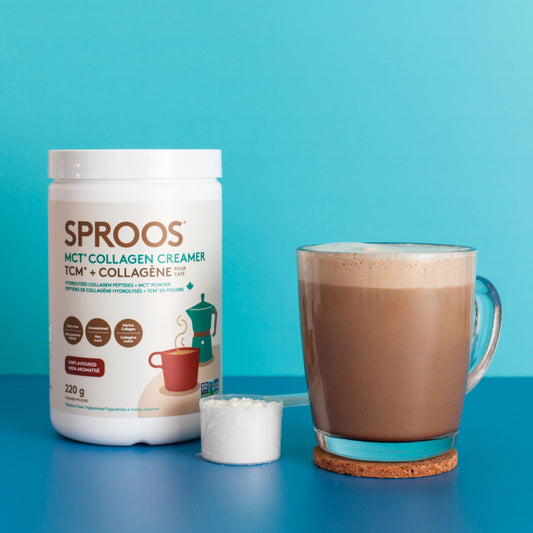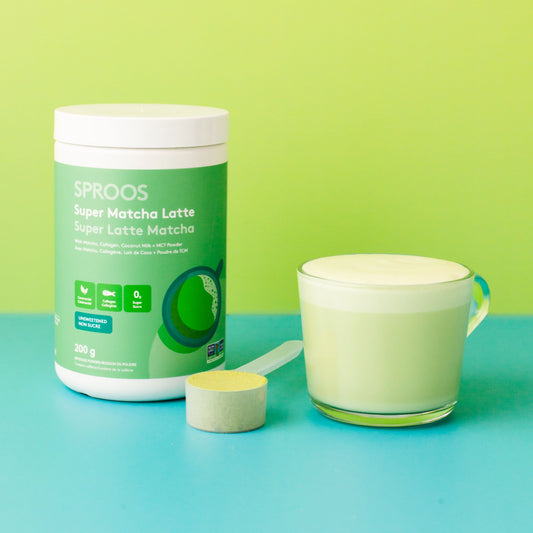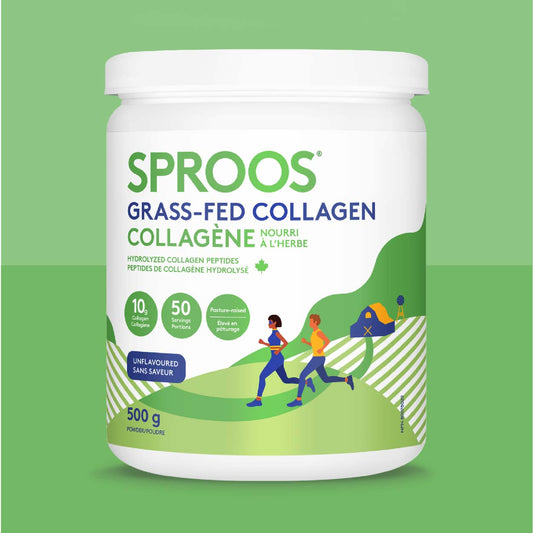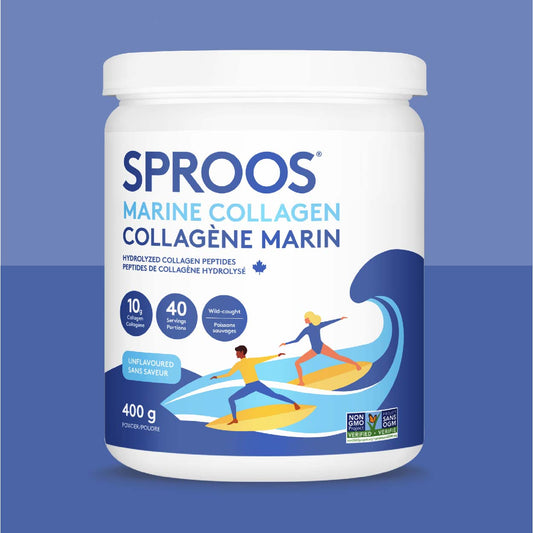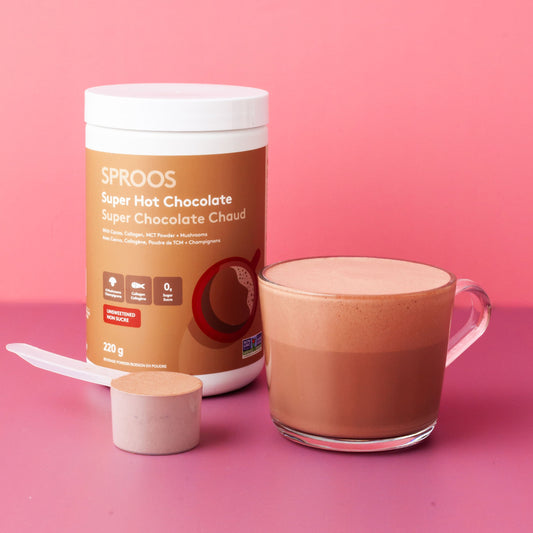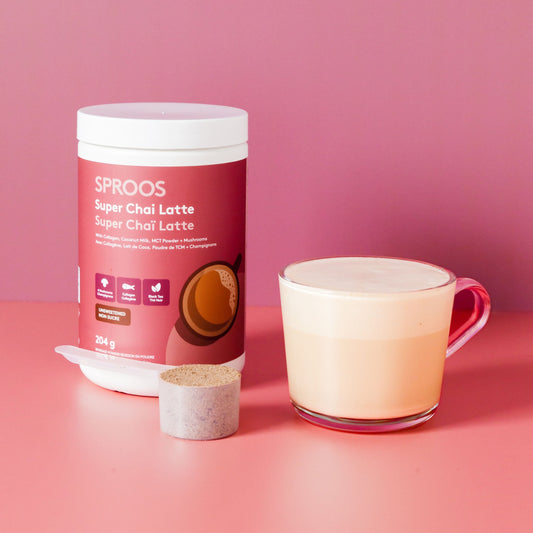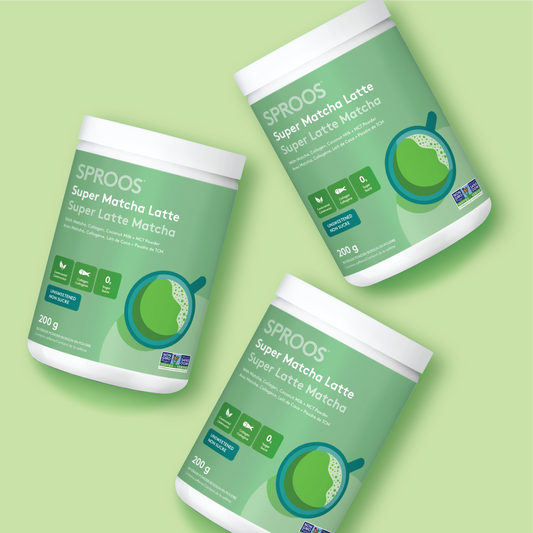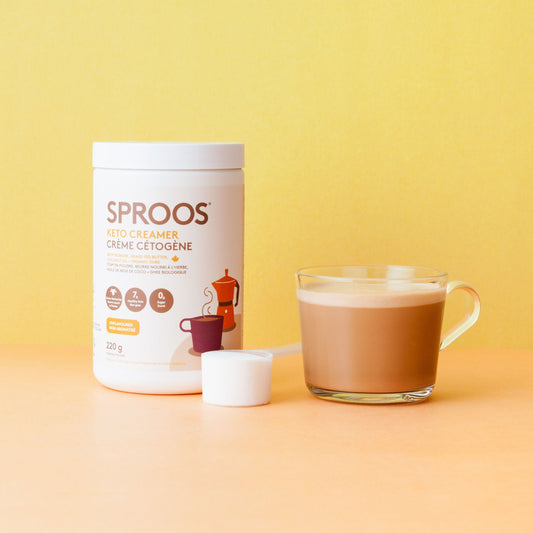Pour quelque chose qui devrait être super simple, manger sainement est devenu d'une certaine manière une entreprise compliquée. Ajoutez un style de vie chargé (ce travail annexe !) et il devient soudainement encore plus difficile de nourrir votre corps de manière vraiment saine.
Mais n'ayez crainte, chez Sproos nous connaissons une chose ou deux sur le bien manger et nous avons dressé quelques conseils alimentaires sains sur lesquels vous pouvez compter, pour vous aider à revenir à l'essentiel et vous sentir au mieux.
Donc, que votre idée d'une alimentation saine soit de manger vos légumes verts feuillus, d'éviter certains groupes alimentaires ou simplement de ne pas manger tout le paquet de chips en une seule fois, tout le monde peut bénéficier de ces conseils simples qui vous garderont en mode star, peu importe ce que la vie vous réserve.
Pourquoi commencer dès maintenant à adopter des habitudes alimentaires saines ?
En plus de vous aider à rester mince, adopter des habitudes alimentaires saines peut réduire votre risque de maladies futures (comme les problèmes cardiovasculaires), diminuer l'inflammation dans le corps et vous assurer de vivre votre meilleure vie jusqu'à un âge avancé.
Mais quand la vie est chargée et pleine (et que notre métabolisme juvénile travaille dur pour éliminer les choix malsains que nous faisons), il est facile de penser que nous pouvons simplement « devenir en bonne santé » plus tard.
Nous avons tous cette vision future d’être l’image même de la santé. Mais les choix de vie s’accumulent, et si le stress, le sucre et les glucides sont votre quotidien, il ne faudra pas longtemps avant que ce chaos se manifeste sur votre corps.
La bonne nouvelle, c’est que nos choix quotidiens et notre état d’esprit général autour de l’alimentation sont principalement des habitudes. Et la meilleure chose à propos de ce fait, c’est que les habitudes peuvent être changées.
Pour manger sainement, de petits changements simples font toute la différence.
Les meilleurs conseils pour manger sainement quand on a un mode de vie chargé :
1. Choisissez des aliments entiers (et devenez un expert des étiquettes)
Essayez de choisir des aliments qui sont soit dans l’état où ils ont été récoltés (comme une pomme plutôt que de la compote de pommes), soit très proches de cet état. Au supermarché, cela signifie que vous ferez principalement vos courses dans le rayon des aliments frais, plutôt que dans les allées intérieures – où se trouvent les aliments transformés.
Une activité intéressante pour vous aider est de vous rapprocher des étiquettes. Cette pratique vous aidera à comprendre ce que vous choisissez réellement lorsque vous optez pour des aliments transformés. Une petite règle d’or ? Si vous ne pouvez pas le prononcer – ne le mangez pas !
2. Envie de sucre ? Privilégiez les protéines
Pour beaucoup de gens, lorsque notre corps commence à être à plat, ce coup de fatigue provoque soudainement une envie de sucreries. La raison ? Le sucre nous donne un regain d’énergie immédiat pour nous aider à accomplir la tâche en cours.
Le problème avec cette habitude, c’est que non seulement cette poussée d’énergie est suivie d’un coup de fatigue, mais elle contribue aussi à toute une série de problèmes, notamment la prise de poids et la carie dentaire. Elle favorise également des problèmes futurs comme les maladies cardiovasculaires et le diabète de type 2.
Alors chaque fois que vous avez envie de sucre, optez pour des protéines. Gardez des noix à portée de main dans la voiture et votre sac. D’autres excellentes options sont les œufs, la viande, le yaourt grec ou le beurre de noix avec des fruits ou des légumes – les fourmis sur une bûche, ce n’est pas que pour les enfants ! Découvrez notre liste de idées de collations faciles.
3. Hydratez-vous (car vous êtes en gros une plante d’intérieur avec des émotions plus complexes)
L’eau aide à éliminer les toxines de notre organisme. Même une déshydratation modérée peut entraîner anxiété, fatigue et un métabolisme ralenti. Mais combien devons-nous exactement boire ? La recommandation la plus courante est de boire 6 à 8 verres par jour – mais la quantité idéale varie selon chacun, en fonction du niveau d’exercice et d’autres facteurs liés au mode de vie.
Et le meilleur, c’est que c’est toujours mieux que rien ! Choisissez donc une bouteille d’eau qui correspond à votre style et gardez-la à portée de main tout au long de la journée.
4. Devenez expert en portions – gardez-le léger et facile
Informez-vous sur les tailles des portions. Manger en excès aux repas peut vous laisser une sensation de léthargie au lieu de vous sentir léger et éclatant. Utilisez cet outil « pratique » pour avoir une idée des tailles de portions appropriées. Par exemple, une portion de viande correspond à peu près à la taille de la paume de votre main (sans compter les doigts).
Nous sommes tellement habitués à remplir une assiette entière au dîner qu'il peut être éclairant de comprendre ce qu'est réellement une portion.
5. Apprenez à connaître vos graisses
Manger des graisses ne signifie pas automatiquement prendre du poids. Les graisses ont mauvaise réputation, mais il est important de distinguer les types de graisses. Celles à éviter sont les graisses saturées et trans. En fait, le Canada a déjà commencé le processus pour interdire les gras trans artificiels dans notre approvisionnement alimentaire.
Les « bonnes » graisses sont insaturées et incluent des aliments comme les avocats (prenez cette deuxième tranche de toast à l'avocat !), les noix, les graines et certaines huiles comme l'huile d'olive, de lin et de noix. Alors allez-y et profitez d'une petite quantité de ces bonnes graisses, sans inquiétude.
6. Optez pour les céréales complètes
Privilégiez les céréales complètes aux céréales raffinées lorsque c'est possible. Une céréale « complète » contient les trois parties du grain original. Pensez au blé complet, aux flocons d'avoine, au riz brun, au sarrasin et au quinoa. Vous pouvez choisir de manger les céréales complètes telles quelles ou essayer de trouver des produits qui les utilisent.
Les céréales raffinées comprennent la farine blanche et tous ces aliments transformés (délicieux) qui en contiennent – mais le processus de raffinage entraîne une perte de fibres, de vitamines et de minéraux. En raison de toutes les fibres et minéraux, les céréales complètes vous rassasieront plus longtemps tout en nourrissant votre corps.
7. Souvenez-vous, petits pas !
Quand il s'agit de changer nos habitudes, il est judicieux de commencer par de petits changements. Au lieu d'essayer de tout changer d'un coup, commencez par une chose. Essayez simplement de supprimer les boissons sucrées pendant la première semaine, ou de bien ajuster la taille de vos portions. Se concentrer sur quelques petites choses que nous pouvons changer immédiatement est moins choquant pour le système qu'une refonte nutritionnelle complète.
Aussi, connais-toi toi-même – Comment gérez-vous le stress et les émotions ?
Ah, manger émotionnellement, manger sous stress, manger en étant devant Netflix – on comprend. Savoir comment vous réagissez aux hauts et aux bas de la vie vous aidera grandement à développer un style d'alimentation plus sain.
Commencez par faire attention au moment où vous vous tournez vers des aliments malsains. Si vous découvrez que vous prenez du chocolat chaque fois que vous avez une mauvaise journée, essayez différentes méthodes de gestion du stress : une promenade dans le quartier, une conversation avec un ami. Vous pouvez même passer 10 minutes en méditation.
Manger sainement est l'une des choses les plus importantes que vous puissiez faire pour préparer votre corps à l'avenir contre les maladies chroniques, l'inflammation, la perte de mobilité et d'autres problèmes liés au vieillissement. Compléter votre alimentation avec du collagène en poudre de Sproos est un moyen rapide et facile d'amplifier encore davantage les bienfaits d'une alimentation saine. Parcourez notre sélection maintenant.


